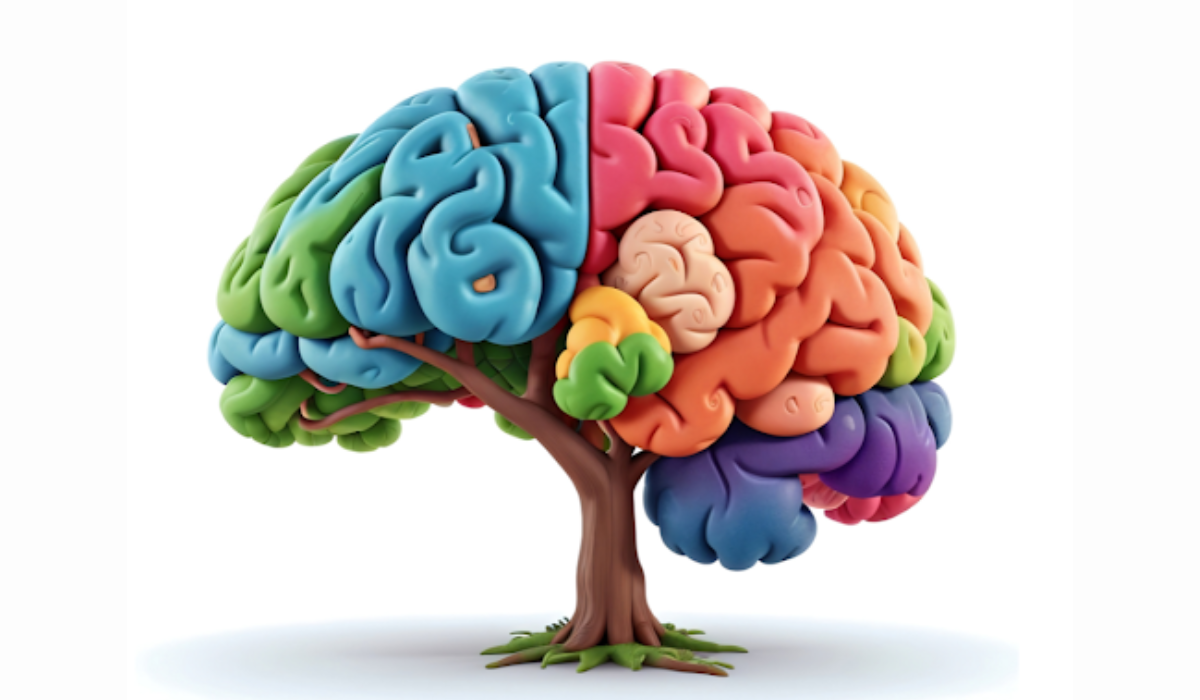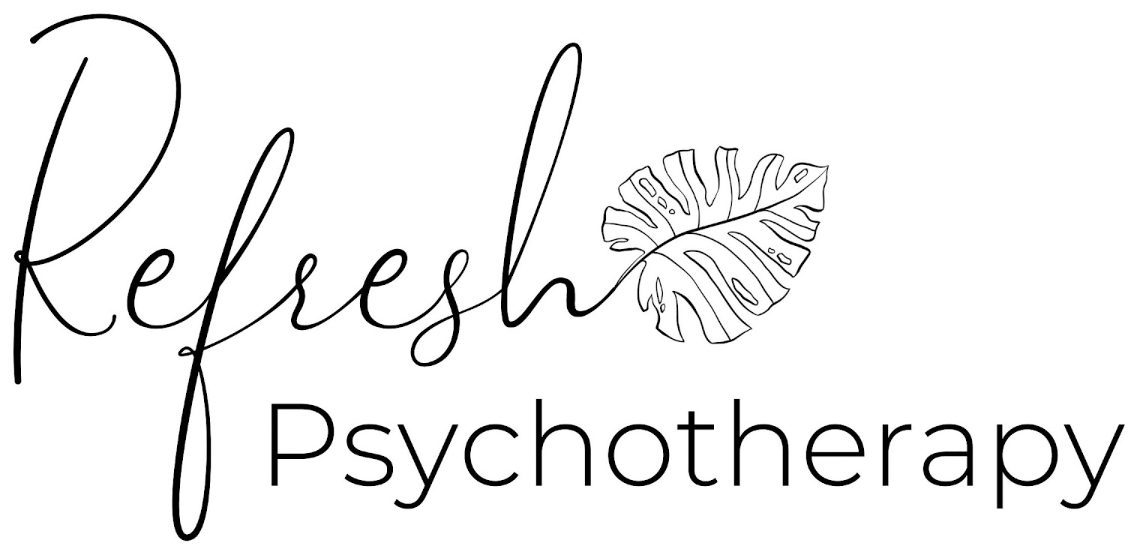
The Overlooked Intersection of OCD and ADHD: What Happens When You Have Both
OCD and ADHD are often viewed as opposites—one marked by rigidity, the other by impulsivity. One preoccupied with control, the other seemingly ruled by distraction. But for many adults, these two conditions coexist in a complicated, confusing way that defies stereotypes and makes daily functioning feel like a battle between extremes. Recent research suggests that 25–30% of individuals diagnosed with Obsessive-Compulsive Disorder (OCD) also meet the criteria for Attention-Deficit/Hyperactivity Disorder (ADHD) (Abramovitch et al., 2015). Yet, despite this high rate of comorbidity, the intersection of these conditions is still widely misunderstood—and often missed entirely in clinical settings. For adults who’ve lived most of their lives feeling “disorganized but obsessive,” or “impulsive but perfectionistic,” this dual experience can be not only confusing but invalidating. This article explores what it means to live with both OCD and ADHD, why the combination is frequently overlooked, and how treatment can (and must) adapt to accommodate both.
Understanding OCD and ADHD as Distinct but Overlapping Disorders
To understand how these conditions can coexist, we first need to understand what each one looks like on its own. Obsessive-Compulsive Disorder (OCD) is a mental health condition characterized by intrusive, unwanted thoughts (obsessions) and repetitive behaviors or mental rituals (compulsions) performed to reduce anxiety. Common themes include fears of contamination, harming others, making mistakes, or violating moral or religious codes. OCD is classified as an anxiety disorder and is typically treated with Exposure and Response Prevention (ERP), a form of cognitive behavioral therapy (APA, 2013). Attention-Deficit/Hyperactivity Disorder (ADHD) is a neurodevelopmental disorder marked by persistent patterns of inattention, impulsivity, and in some cases, hyperactivity. ADHD affects executive functions such as planning, organization, working memory, and self-regulation. It’s typically treated through a combination of behavioral therapy and medication, often stimulants (Barkley, 2015). While OCD is driven by fear and attempts to gain control, ADHD is characterized by difficulty sustaining focus and resisting impulses. On the surface, they may appear to cancel each other out. But in reality, they often coexist—leading to a unique and often misunderstood clinical profile.
Why Co-Occurring OCD and ADHD Is Often Missed
Part of the reason this combination is overlooked is that the traits of one disorder can mask or complicate the other. A clinician might see the perfectionism, planning, or ritualistic behavior of OCD and miss the distractibility, procrastination, and disorganization of ADHD—or vice versa. Adults with ADHD may initially appear to be obsessive when they’re really trying to compensate for inconsistent attention or memory. Conversely, someone with OCD may seem forgetful or unfocused because their mental energy is spent on managing intrusive thoughts and rituals. This misinterpretation can lead to partial diagnoses, where only one condition is acknowledged and treated. For example, stimulant medications may improve attention in someone with ADHD but exacerbate obsessive thoughts in someone with underlying OCD (Abramovitch et al., 2013). Without an accurate diagnosis, treatment may backfire—or leave major symptoms unaddressed.
What It Feels Like to Live with Both
For adults navigating both OCD and ADHD, the experience often feels paradoxical. They may be obsessive about tiny details but forget major deadlines. They may be highly perfectionistic about some tasks, while unable to complete others. They may ruminate for hours on a decision—and then act impulsively out of frustration. Daily life often includes: getting stuck in compulsive rituals while also struggling to remember appointments or where you put your keys; overanalyzing social interactions while blurting things out without thinking; procrastinating due to overwhelm, then panicking and obsessing about poor performance; feeling both out of control and overly controlling—sometimes in the same hour. This push-pull dynamic can erode self-esteem. Many adults internalize the belief that they’re “too much,” “too messy,” or “too rigid.” They may seek help for anxiety or executive dysfunction without realizing that both are rooted in an undiagnosed dual condition.
Shared Features and Diagnostic Confusion
While OCD and ADHD are distinct, they share overlapping features that can blur diagnostic clarity. Emotional dysregulation is common to both, as is executive dysfunction. Trouble starting tasks, organizing steps, and following through is seen in both disorders, though for different reasons. In OCD, avoidance and compulsions hijack attention. In ADHD, distractibility and poor working memory disrupt momentum. Perfectionism and self-doubt are also shared experiences. People with OCD often fear making mistakes; people with ADHD are often afraid they’ve forgotten something or let someone down. The result in both cases is anxiety, overcompensation, and exhaustion. These overlaps can confuse clinicians and clients alike. But just because two conditions share traits doesn’t mean they cancel each other out. They compound.
Treatment Considerations for Co-Occurring OCD and ADHD
Treating co-occurring OCD and ADHD requires nuance and flexibility. Standard treatments must be adapted to account for the ways these conditions interact. For ADHD, stimulant medications such as methylphenidate or amphetamines are often first-line treatments. However, for someone with both ADHD and OCD, stimulants can increase obsessive thinking, especially if anxiety isn’t concurrently addressed (Hirschtritt et al., 2017). Non-stimulant medications like atomoxetine may be better tolerated in some cases. For OCD, ERP remains the gold standard. However, ERP requires focus, task persistence, and the ability to tolerate discomfort—all of which may be difficult for someone with ADHD. Therapists must adapt protocols to account for attention variability, provide more structure, and pace interventions accordingly (Abramovitch et al., 2012). In both cases, treatment should be sequenced intentionally. If ADHD is severe and impairs the ability to engage in therapy, it may need to be addressed first. If OCD is the more distressing or impairing condition, targeting it may take priority. The key is recognizing that both need attention—and neither is secondary. Psychoeducation is also vital. Helping clients understand the interplay of these conditions reduces self-blame, builds self-awareness, and empowers people to track patterns and respond with intention.
Living with both OCD and ADHD doesn’t mean you’re contradictory or broken—it means you have a complex brain that operates outside the binary of “focused vs. distracted” or “organized vs. chaotic.” You may need more support, more structure, and more self-compassion—but you are not alone. An accurate diagnosis and integrated treatment plan can make an enormous difference. With the right tools, people with OCD and ADHD can move from surviving to thriving—learning how to manage anxiety, honor their focus patterns, and live without feeling like they’re at war with themselves.
Written by: Keeley Teemsma, LCSW, MA
Works Cited
Abramovitch, A., Dar, R., Mittelman, A., Wilhelm, S., & Schweiger, A. (2015). Don’t judge a book by its cover: ADHD-like symptoms in OCD. Journal of Obsessive-Compulsive and Related Disorders, 5, 49–56. https://doi.org/10.1016/j.jocrd.2015.02.004
Abramovitch, A., Mittelman, A., & Wilhelm, S. (2012). Comorbidity between ADHD and OCD across the lifespan: A systematic and critical review. Harvard Review of Psychiatry, 20(4), 214–228. https://doi.org/10.3109/10673229.2012.714618
American Psychiatric Association. (2013). Diagnostic and Statistical Manual of Mental Disorders (5th ed.).
Barkley, R. A. (2015). Attention-Deficit Hyperactivity Disorder: A Handbook for Diagnosis and Treatment (4th ed.). Guilford Press.
Hirschtritt, M. E., Lee, P. C., Pauls, D. L., & Grados, M. A. (2017). Psychiatric comorbidity and medication use in adults with obsessive-compulsive disorder. Journal of Clinical Psychiatry, 78(4), e327–e333. https://doi.org/10.4088/JCP.15m10378
